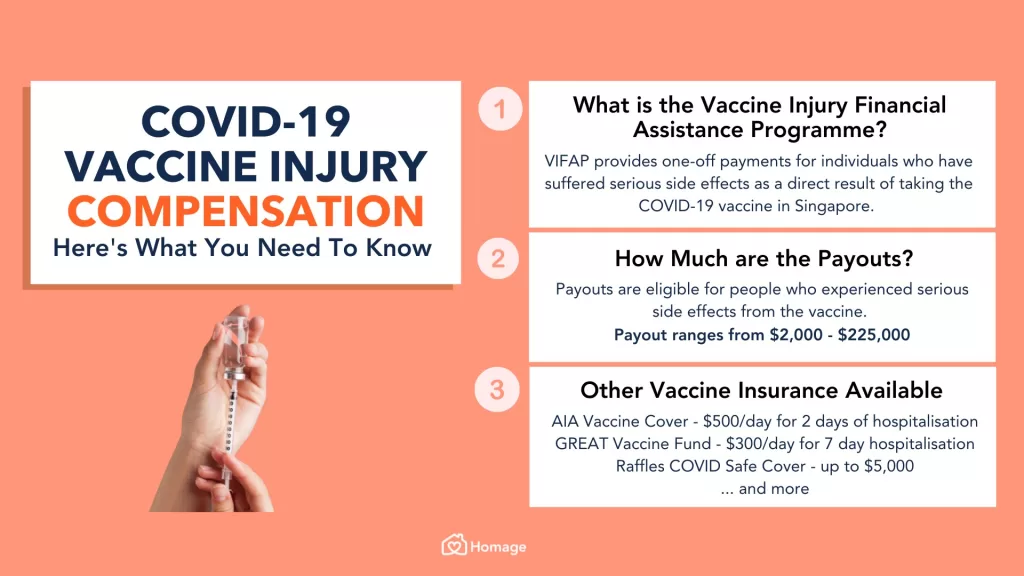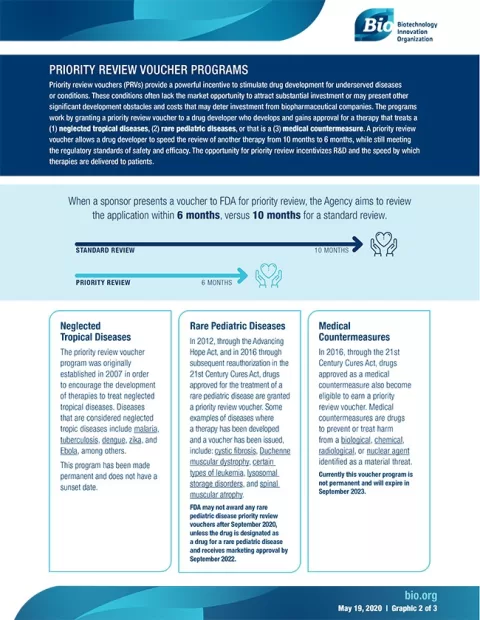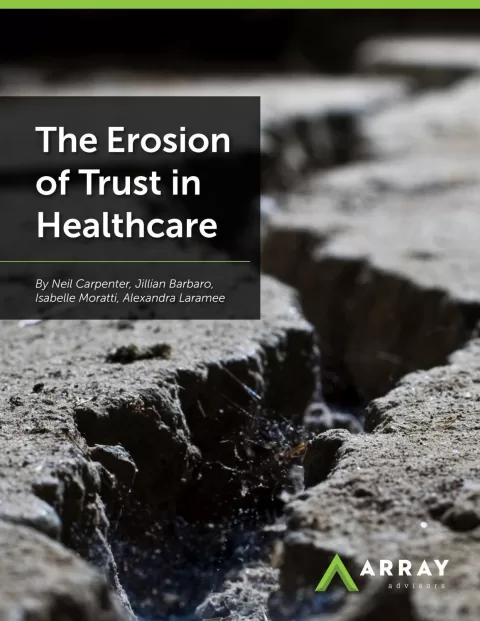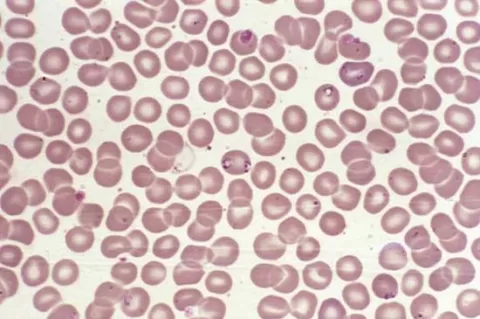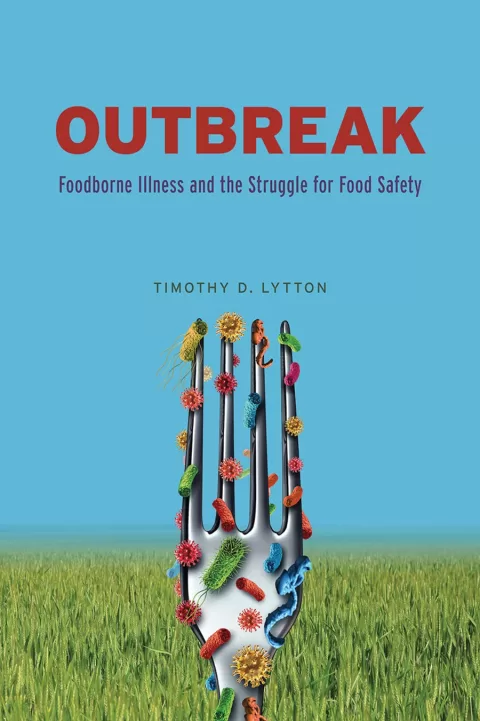The Vaccine Injury Compensation Program (VICP) has come under scrutiny amidst discussions led by US Health and Human Services Secretary Robert F. Kennedy Jr. regarding potential changes to the program. In a statement released by the Infectious Diseases Society of America (IDSA), the importance of vaccines in enhancing public health and extending life expectancy was underscored. While serious injuries related to vaccinations are exceedingly rare, the IDSA emphasized that individuals affected by such injuries deserve compassion and just compensation. As policymakers consider adjustments to the VICP, transparency and collaboration with Congress and vaccine experts are deemed essential. Any modifications must ensure adequate funding for the program to protect both the injured individuals and the stability of vaccine availability, safeguarding vaccine safety for all.
The discussion surrounding the compensation framework for vaccine-related injuries has gained momentum as changes to the Vaccine Injury Compensation Program (VICP) are on the horizon. Public health advocates are reiterating the critical role vaccines play in controlling infectious diseases and enhancing community health. While the rare instances of vaccine adverse effects have generated concern, most experts agree on the overarching benefits of immunization. Addressing the welfare of those affected by vaccine injuries while maintaining a sustainable manufacturing environment is paramount. As the dialogue progresses on potential reforms, the spotlight remains on the intersection of health policy and public safety.
Changes to the Vaccine Injury Compensation Program (VICP)
Recent discussions regarding potential changes to the Vaccine Injury Compensation Program (VICP) have sparked considerable debate within public health circles. The VICP was established to protect vaccine manufacturers from litigation while providing a mechanism for compensating individuals who suffer adverse effects from vaccinations. As the US Health and Human Services Secretary Robert F. Kennedy Jr. contemplates modifications to this crucial program, the Infectious Diseases Society of America (IDSA) has advocated for maintaining its integrity. They stress the importance of transparent policy changes that involve collaboration with expert groups and Congress to ensure that individuals who experience rare vaccine injuries receive appropriate support.
The IDSA’s statement highlights a critical point: while serious vaccine-related injuries are infrequent, they do occur, and affected patients deserve compassionate care. Enhancing the VICP’s functionality, as intended by Congress, must balance accessibility for patients with the need to sustain vaccine production capabilities. If vaccine manufacturers face overwhelming liabilities, it could dissuade them from creating essential vaccines, jeopardizing public health. Thus, any legislative changes to the VICP must prioritize both patient welfare and the sustainability of vaccine availability.
Understanding Vaccine Safety and Public Health
Vaccine safety is a pivotal aspect of public health strategy, underpinning the achievements in disease prevention and control. The IDSA’s recent communications reinforce the essential role vaccines play in increasing life expectancy and protecting communities from infectious diseases. Despite scientific consensus on the safety of vaccines, public concerns linger, often fueled by misinformation. Addressing these concerns requires a commitment to transparency and public education regarding the benefits and risks associated with vaccination.
Moreover, maintaining robust vaccination programs directly impacts community immunity, which protects those who cannot be vaccinated due to medical reasons. To mitigate vaccine-related injuries while still promoting widespread vaccine adoption, continuous investment in research and monitoring safety outcomes is paramount. The success of vaccine programs depends not only on creating safe vaccines but also on building public trust through education about vaccine safety protocols and monitoring systems.
Emerging Health Threats: E. Coli and Cyclospora Outbreaks
The recent E. coli outbreaks linked to venison have raised significant public health concerns, emphasizing the need for monitoring food safety protocols. Following two infections connected to venison processed in Tennessee, health officials are diligent in tracing the source to prevent further cases. The fatality of one infected child from Tennessee has prompted heightened scrutiny over venison processing practices. With the investigation revealing no apparent violations, it underscores the dangers food products can pose, necessitating rigorous testing and tracking for microbial contamination.
Additionally, the ongoing Cyclospora outbreaks highlight another dimension of public health vigilance. With multiple individuals affected, federal health officials are leveraging epidemiological data to establish links between cases and identify food sources associated with the infections. Previous Cyclospora outbreaks have been tied to contaminated produce, necessitating swift action to ensure the safety of food supplies. The impact of these infections, which manifest as prolonged diarrheal disease, emphasizes the imperative of continuous surveillance and community education regarding foodborne illnesses and preventive strategies.
Impact of Infectious Diseases on Public Policy
The intersection of infectious diseases and public policy is becoming increasingly pivotal as global health dynamics evolve. With the resurgence of vaccine-preventable diseases and emerging threats such as E. coli and Cyclospora, policymakers are challenged to adapt regulations and guidelines that protect public health. The need for evidence-based decision-making is critical, requiring collaboration among health professionals, researchers, and government agencies to ensure swift and coordinated responses to outbreaks.
Regulatory bodies must also ensure that the legislative frameworks governing food safety and vaccine distribution are robust and responsive to emerging threats. As recent events illustrate, even traditional food sources can harbor pathogens that significantly impact health outcomes. Therefore, investing in public health infrastructure, enhancing surveillance systems, and fostering community awareness about infectious diseases are essential components of effective public policy.
Role of the Infectious Diseases Society of America (IDSA)
The Infectious Diseases Society of America (IDSA) plays a vital role in shaping public health responses to infectious diseases, advocating for policies that support vaccination programs, and disseminating reliable information on vaccine safety. Their proactive stance on changes to the Vaccine Injury Compensation Program (VICP) demonstrates their commitment not only to public health but also to protecting the patients who depend on these vaccines. By calling for transparency in policy-making, the IDSA aims to ensure that both patient needs and public health safety are at the forefront of legislative changes.
Moreover, the IDSA’s engagement with lawmakers and health officials underscores the importance of expert advisory roles in crafting effective health policies. Their input can guide funding decisions and resource allocation to improve vaccine accessibility and safety measures. The organization’s efforts to educate the public about vaccine efficacy and the rarity of adverse effects from vaccines contribute significantly to enhancing community trust and participation in vaccination initiatives.
Prevention Strategies for Foodborne Diseases
Prevention strategies for foodborne diseases must evolve to address the complexities of modern food systems. Outbreaks related to pathogens like E. coli and Cyclospora illustrate the necessity for enhanced food safety protocols from farm to table. Stakeholders in the food supply chain, including producers and regulators, must collaborate to implement stringent testing and handling procedures to mitigate risks associated with contaminated products.
Additionally, public education campaigns focusing on safe food handling practices and the potential risks associated with certain foods, such as venison, are essential. By empowering consumers with knowledge, the risk of infection can be substantially reduced, enhancing overall public health outcomes. Emphasizing community awareness and engagement in food safety can foster a culture of prevention that transcends individual behavior, leading to safer food environments.
The Importance of Collaborative Public Health Responses
Collaborative public health responses are crucial in addressing infectious disease outbreaks and ensuring community safety. The recent emergence of multiple Cyclospora outbreaks serves as a reminder of the importance of coordinated efforts among federal and state agencies in tracking and managing diseases. Involving multidisciplinary teams composed of epidemiologists, health inspectors, and public health officials facilitates a comprehensive understanding of outbreak dynamics and leads to more effective control measures.
Furthermore, public engagement through transparent communication is vital during outbreaks. When health authorities provide clear information about potential risks and safety measures, they can foster trust and cooperation within communities. Collaborative strategies that integrate public health expertise, community input, and evidence-based recommendations will better prepare society to respond to infectious disease threats, ultimately enhancing population health resilience.
Food Safety Regulations and Their Evolution
Food safety regulations play a fundamental role in protecting public health by ensuring that food products, such as meats and fresh produce, are safe for consumption. In light of recent outbreaks linked to venison and produce contaminated with Cyclospora, there is an urgent need for policymakers to evaluate and strengthen existing regulations. The evolution of food safety standards based on emerging science and outbreak data is vital for reducing the risk of foodborne illnesses.
Moreover, regulatory frameworks must adapt to the complexities of food supply chains, which are increasingly global and interconnected. Enhancements in monitoring, traceability, and accountability across all stages of food production and distribution can help mitigate risks associated with contamination. Continued collaboration with the food industry, health experts, and consumer advocacy groups is essential to refining these standards and improving the safety of the food supply.
The Need for Ongoing Research in Vaccine Safety and Efficacy
Ongoing research in vaccine safety and efficacy is critical in maintaining public trust and optimizing vaccine programs. As concerns about vaccine-related injuries prompt discussions about the Vaccine Injury Compensation Program (VICP), there is a clear need for robust scientific studies that thoroughly assess the risks and benefits associated with various vaccines. These studies not only help address public anxiety about vaccine safety but also inform healthcare providers about best practices in patient education and advocacy.
Additionally, understanding the nuances of vaccine effects in diverse populations can ensure that vaccination strategies are equitable and effective. Investigative efforts into the connections between specific vaccines and rare adverse effects must be prioritized, allowing for timely adaptations in recommendations or protocols. By committing to continual research and open dialogue about findings, the public health community can sustain the momentum of vaccination efforts while safeguarding community health.
Frequently Asked Questions
What is the Vaccine Injury Compensation Program (VICP) and why is it important for vaccine safety?
The Vaccine Injury Compensation Program (VICP) was established in 1986 to provide compensation to individuals who suffer from vaccine-related injuries. It plays a crucial role in ensuring vaccine safety by shielding vaccine manufacturers from most lawsuits, which encourages the development of safe and effective vaccines. The VICP allows individuals to seek fair compensation while ensuring that vaccines remain accessible to the public.
What changes are being considered for the Vaccine Injury Compensation Program (VICP)?
Current discussions about changes to the Vaccine Injury Compensation Program (VICP) involve enhancing transparency and funding. The Infectious Diseases Society of America (IDSA) emphasizes that any modifications should not place an undue burden on vaccine manufacturers while ensuring that injured individuals receive necessary compensation.
How does the VICP ensure that patients receive fair treatment in cases of vaccine injuries?
The VICP ensures that patients who experience vaccine injuries are treated with care and compassion by providing a structured process for claims. Individuals who believe they have been harmed by a vaccine can file a claim and attend a hearing, where they have the opportunity to present evidence and receive compensation if their claim is validated.
Why are vaccine-related injuries considered rare, and how does this impact the VICP?
Vaccine-related injuries are considered rare due to rigorous testing and monitoring that vaccines undergo before approval. This rarity benefits the VICP by enabling it to provide compensation efficiently without overwhelming the system, allowing it to function effectively and maintain public trust in vaccine safety.
How do Cyclospora outbreaks relate to foodborne diseases and the importance of vaccines?
Cyclospora outbreaks highlight the ongoing risks of foodborne diseases, which can lead to serious illnesses. Vaccines play an essential role in preventing various infectious diseases, and robust vaccination programs help reduce the overall burden of these diseases in the public. While Cyclospora is not preventable through vaccines, vaccination against other infectious diseases remains crucial.
What lessons can be learned from the recent venison E coli outbreak in relation to public health and vaccine awareness?
The venison E coli outbreak serves as a reminder of the importance of food safety and public health education. It underscores the need for vaccinations to prevent infectious diseases, while also highlighting the importance of public awareness regarding foodborne pathogens. Understanding both food safety and vaccine safety is essential for overall health protection.
What are the implications of changes to the Vaccine Injury Compensation Program (VICP) for future vaccine development?
Any substantial changes to the Vaccine Injury Compensation Program (VICP) could directly impact future vaccine development. If the changes create an unreasonable burden on vaccine manufacturers, it may lead to decreased investment in new vaccines, potentially jeopardizing public access to safe and effective vaccines crucial for preventing infectious diseases.
How does the public view vaccine safety in light of discussions about the VICP?
Public perception of vaccine safety is significantly influenced by discussions regarding the Vaccine Injury Compensation Program (VICP). With recent concerns over potential changes, organizations like the IDSA advocate for maintaining strong support for vaccines, reinforcing that vaccines are critical for public health and that serious injuries, while rare, should be addressed compassionately.
| Key Point | Details |
|---|---|
| Changes to Vaccine Injury Compensation Program (VICP) | Indications that HHS Secretary Robert F. Kennedy Jr. is considering changes to the program, with emphasis on the need for transparency in any modifications. |
| IDSA’s Position | Emphasizes the importance of vaccines for public health and expresses that VICP should function as originally intended by Congress. |
| Rarity of Vaccine-Related Injuries | Serious injuries are rare, but care and compassion for affected individuals is emphasized. |
| Funding Issues | Calls for appropriate funding to ensure fair compensation without burdening vaccine manufacturers, which could threaten vaccine availability. |
| History of VICP | Established in 1986 to protect vaccine manufacturers from lawsuits while providing a means for injured individuals to seek compensation. |
| Foodborne Infections | Two E. coli infections linked to venison; one case was fatal, prompting an investigation by health officials. |
| Cyclospora Outbreaks | Two distinct outbreaks being investigated by the FDA, with a history of connections to fresh produce. |
Summary
The vaccine injury program has been a vital component in addressing concerns regarding vaccine-related injuries. Recent discussions around potential changes to the Vaccine Injury Compensation Program (VICP) highlight the importance of maintaining its integrity for the benefit of public health. It is essential to ensure that any adjustments made to the VICP prioritize transparency and adequate funding, allowing those affected by rare vaccine injuries to receive necessary support while safeguarding the continued availability of safe vaccines.
The content provided on this blog (e.g., symptom descriptions, health tips, or general advice) is for informational purposes only and is not a substitute for professional medical advice, diagnosis, or treatment. Always seek the guidance of your physician or other qualified healthcare provider with any questions you may have regarding a medical condition. Never disregard professional medical advice or delay seeking it because of something you have read on this website. If you believe you may have a medical emergency, call your doctor or emergency services immediately. Reliance on any information provided by this blog is solely at your own risk.



